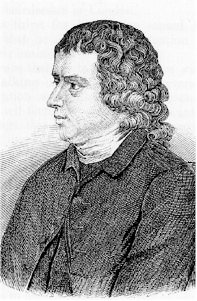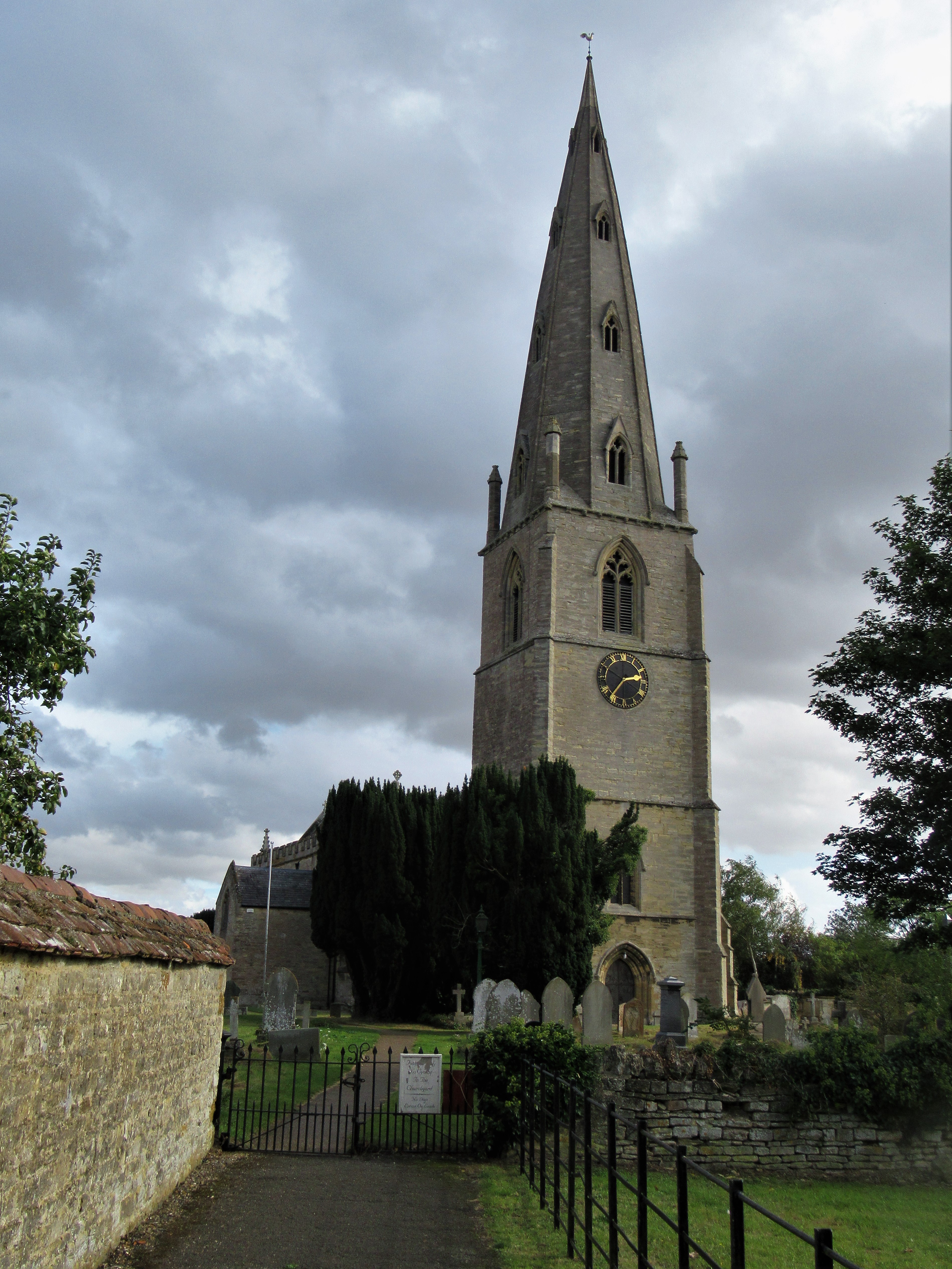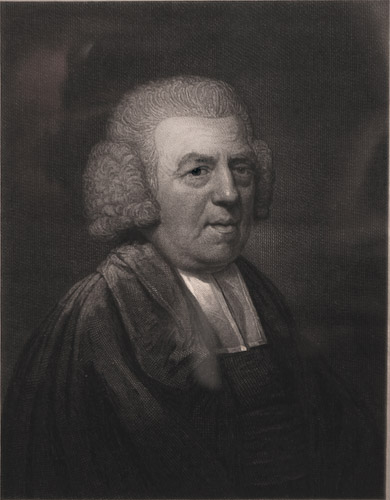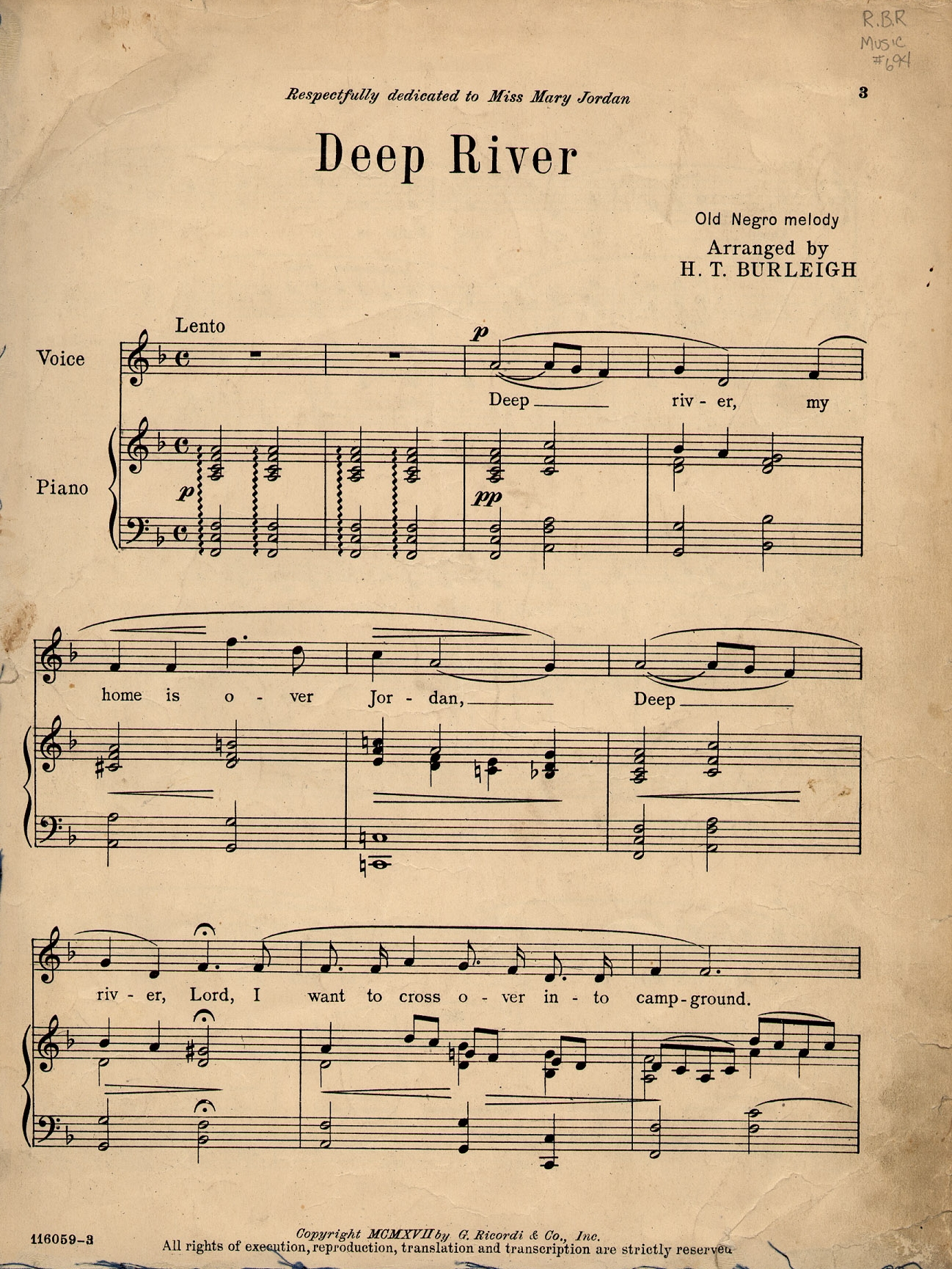|
Come, Thou Fount Of Every Blessing (album)
''Come, Thou Fount of Every Blessing'' is a Religious music, religious album released by the Mormon Tabernacle Choir. It reached number one on Billboard (magazine), the Billboard Billboard charts#Albums, Top Classical Crossover Album chart. The album includes two solos by Alex Boye. Track listing References 2009 albums Religious music albums Tabernacle Choir albums {{LDS-stub ... [...More Info...] [...Related Items...] OR: [Wikipedia] [Google] [Baidu] |
Mormon Tabernacle Choir
The Tabernacle Choir at Temple Square, formerly known as the Mormon Tabernacle Choir, is an American choir affiliated with the Church of Jesus Christ of Latter-day Saints (LDS Church). It has performed in the Salt Lake Tabernacle for over 100 years. Its weekly devotional program, '' Music & the Spoken Word'', is one of the longest-running radio programs in the world, having aired every week since July 15, 1929. The choir was founded on August 22, 1847, shortly after the Mormon pioneers entered the Salt Lake Valley. Prospective singers must be LDS Church members who are eligible for a temple recommend, be between 25 and 55 years of age at the start of choir service, and live within of Temple Square. The Tabernacle Choir is one of the most famous choirs in the world. It first performed for a U.S. president in 1911, and has performed at the inaugurations of presidents Lyndon B. Johnson (1965), Richard Nixon (1969), Ronald Reagan (1981), George H. W. Bush (1989), George ... [...More Info...] [...Related Items...] OR: [Wikipedia] [Google] [Baidu] |
Old-Time Religion
("Give Me That") "Old-Time Religion" (and similar spellings) is a traditional Gospel song dating from 1873, when it was included in a list of Jubilee songs, or earlier. It has become a standard in many Protestant hymnals, though it says nothing about Jesus or the gospel, and covered by many artists. Some scholars, such as Forrest Mason McCann, have asserted the possibility of an earlier stage of evolution of the song, in that "the tune may go back to English folk origins" (later dying out in the white repertoire but staying alive in the work songs of African Americans). In any event, it was by way of Charles Davis Tillman that the song had incalculable influence on the confluence of black spiritual and white gospel song traditions in forming the genre now known as southern gospel. Tillman was largely responsible for publishing the song into the repertoire of white audiences. It was first heard sung by African-Americans and written down by Tillman when he attended a camp meeting in ... [...More Info...] [...Related Items...] OR: [Wikipedia] [Google] [Baidu] |
2009 Albums ...
The following is a list of albums, EPs, and mixtapes released in 2009. These albums are (1) original, i.e. excluding reissues, remasters, and compilations of previously released recordings, and (2) notable, defined as having received significant coverage from reliable sources independent of the subject. For additional information about bands formed, reformed, disbanded, or on hiatus, for deaths of musicians, and for links to musical awards, see 2009 in music. First quarter January February March Second quarter April May June Third quarter July August September Fourth quarter October November December References {{DEFAULTSORT:2009 albums Albums 2009 2009 was designated as the International Year of Astronomy by the United Nations to coincide with the 400th anniversary of Galileo Galilei's first known astronomical studies with a telescope and the publication of Astronomia Nova by Joha ... [...More Info...] [...Related Items...] OR: [Wikipedia] [Google] [Baidu] |
Robert Robinson (Baptist)
Robert Robinson (27 September 1735 – 9 June 1790) was an English Dissenter, influential Baptist and scholar who made a lifelong study of the antiquity and history of Christian Baptism. He authored many published works in his lifetime, his work on baptism, ''History of Baptism and Baptists'', appearing the year of his death. His many written works have been collected, and include ''Arcana, or the Principles of the Late Petitioners to Parliament for Relief in the Matter of Subscription'' (1774), and ''A Plea for the Divinity of our Lord Jesus Christ in a Pastoral Letter to a Congregation of Protestant Dissenters at Cambridge'' (1776). He was also author of the hymns, '' Come Thou Fount of Every Blessing'' (1758), which he wrote at age 22 after converting to Methodism, and ''Mighty God, While Angels Bless Thee'' (1774) which was set to music by organist John Randall of Cambridge University. Early life Robert Robinson was born in Swaffham in Norfolk, on 27 September 1735, to Mi ... [...More Info...] [...Related Items...] OR: [Wikipedia] [Google] [Baidu] |
Come, Thou Fount Of Every Blessing
"Come Thou Fount of Every Blessing" is a Christian hymn written by the pastor and hymnodist Robert Robinson, who penned the words in 1757 at age 22.Later in life, he wandered from his faith. A young woman used this hymn to encourage him to return to the Lord. Tunes In the United States, the hymn is usually set to an American folk tune known as "Nettleton", which first appears in ''Wyeth's Repository of Sacred Music, Part Second'' (1813), possibly collected by Elkanah Kelsey Dare, who was the musical editor (John Wyeth himself was a printer). The tune appears on page 112 in F major for two voices (tenor and bass), with a revival chorus (Hallelujah, Hallelujah, we are on our journey home); the facing page has another musical setting ("Concert") in A minor without any chorus. Asahel Nettleton also published music, so some attribute his namesake tune directly to him. In the United Kingdom, the hymn is also often set to the tune "Normandy" by C Bost. The "Nettleton" tune is used ... [...More Info...] [...Related Items...] OR: [Wikipedia] [Google] [Baidu] |
John Newton
John Newton (; – 21 December 1807) was an English evangelical Anglican cleric and slavery Abolitionism, abolitionist. He had previously been a captain of slave ships and an investor in the slave trade. He served as a sailor in the Royal Navy (after forced recruitment) and was himself enslaved for a time in West Africa. He is noted for being author of the hymns ''Amazing Grace'' and ''Glorious Things of Thee Are Spoken''. Newton went to sea at a young age and worked on slave ships in the Atlantic slave trade, slave trade for several years. In 1745, he himself became a slave of Princess Peye, a woman of the Sherbro people in what is now Sierra Leone. He was rescued, returned to sea and the trade, becoming Captain of several slave ships. After retiring from active sea-faring, he continued to invest in the slave trade. Some years after experiencing a conversion to Christianity during his rescue, Newton later renounced his trade and became a prominent supporter of Abolitionism in ... [...More Info...] [...Related Items...] OR: [Wikipedia] [Google] [Baidu] |
Amazing Grace
"Amazing Grace" is a Christian hymn written in 1772 and published in 1779 by English Anglican clergyman and poet John Newton (1725–1807). It is possibly the most sung and most recorded hymn in the world, and especially popular in the United States, where it is used for both religious and secular purposes. Newton wrote the words from personal experience; he grew up without any particular religious conviction, but his life's path was formed by a variety of twists and coincidences that were often put into motion by others' reactions to what they took as his recalcitrant insubordination. He was pressed into service with the Royal Navy, and after leaving the service, he became involved in the Atlantic slave trade. In 1748, a violent storm battered his vessel off the coast of County Donegal, Ireland, so severely that he called out to God for mercy. While this moment marked his spiritual conversion, he continued slave trading until 1754 or 1755, when he ended his seafaring alt ... [...More Info...] [...Related Items...] OR: [Wikipedia] [Google] [Baidu] |
Will L
Will may refer to: Common meanings * Will and testament, instructions for the disposition of one's property after death * Will (philosophy), or willpower * Will (sociology) * Will, volition (psychology) * Will, a modal verb - see Shall and will People and fictional characters * Will (comics) (1927–2000), a comic strip artist * Will (given name), a list of people and fictional characters named Will or Wil * Will (surname) * Will (Brazilian footballer) (born 1973) * Will (singer), Italian singer-songwriter Arts, entertainment, and media Films * '' Will: G. Gordon Liddy'', a 1982 TV film * ''Will'' (1981 film), an American drama * ''Will'' (2011 film), a British sports drama * ''Will'', a Japanese documentary film featuring Masahiro Higashide * ''Bandslam'', a 2008 film with the working title ''Will'' Literature * ''Will'' (novel), by Christopher Rush * ''Will'' (Will Self memoir), 2019 * ''Will'' (Will Smith memoir), 2021 * ''Will'', an autobiography by G. Gordon Liddy M ... [...More Info...] [...Related Items...] OR: [Wikipedia] [Google] [Baidu] |
Softly And Tenderly
"Softly and Tenderly" is a Christian hymn. It was composed and written by Will L. Thompson in 1880. It is based on the Bible verse Mark 10:49. Dwight L. Moody used "Softly and Tenderly" in many of his evangelistic rallies in America and Britain. When he was in the hospital and barred from seeing visitors, Thompson had arrived to see him; Moody insisted that Thompson be let in and told him: :Will, I would rather have written "Softly and Tenderly Jesus Is Calling" than anything I have been able to do in my whole life.Evelyn Bence, Spiritual Moments with the Great Hymns, (Grand Rapids, MI:Zondervan, 1997/ p. 248 Thompson was a member of the Churches of Christ, where several of his hymns and gospel songs continue in use. "Softly and Tenderly" is the most widely known of his compositions and has circulated far beyond its origins in the American Restoration Movement. It is among the most prolifically translated gospel songs and is used throughout many denominations of Christiani ... [...More Info...] [...Related Items...] OR: [Wikipedia] [Google] [Baidu] |
Howard A
Howard is a masculine given name derived from the English surname Howard. ''The Oxford Dictionary of English Christian Names'' notes that "the use of this surname as a christian name is quite recent and there seems to be no particular reason for it except that it is the name of several noble families". The surname has a number of possible origins; in the case of the noble family, the likely source is the Norse given name Hávarðr, composed of the elements ''há'' ("high") and ''varðr'' ("guardian"). Diminutives include Howie and Ward. Howard reached peak popularity in the United States in the 1920s, when it ranked as the 26th most popular boys' name. As of 2018, it had fallen to 968th place. People with the given name * Howard Allen (1949–2020), American serial killer * Howard Duane Allman (1946–1971), American guitar virtuoso * Howard Anderson (other), name of several people * Howard Andrew (1934–2021), American poker player * Howard Ashman (1950–1991), Ame ... [...More Info...] [...Related Items...] OR: [Wikipedia] [Google] [Baidu] |
Deep River (song)
"Deep River" is an anonymous African-American spiritual (music), spiritual, popularized by Harry Burleigh, Henry Burleigh in his 1916 collection ''Jubilee Songs of the USA''. Overview The song was first mentioned in print in 1876, when it was published in the first edition of ''The Story of the Fisk Jubilee Singers, Jubilee Singers: With Their Songs'', by J. B. T. Marsh. By 1917, when Harry Burleigh completed the last of his several influential arrangements, the song had become very popular in recitals. It has been called "perhaps the best known and best-loved spiritual". Adaptations The melody was adopted in 1921 for the song ''Dear Old Southland'' by Henry Creamer and Turner Layton, which enjoyed popular success the next year in versions by Paul Whiteman and by Vernon Dalhart. Samuel Coleridge-Taylor arranged the melody in the tenth of his 24 Negro Melodies Op. 24 (1905). Daniel Gregory Mason quotes the melody in his String Quartet on Negro Themes Op. 19 (1919). "Deep River" ... [...More Info...] [...Related Items...] OR: [Wikipedia] [Google] [Baidu] |
Benjamin Harlan
Benjamin Harlan is a Professor of Church Music at New Orleans Baptist Theological Seminary. He became the second dean of the School of Church Music at Southwestern Baptist Theological Seminary in 1995. He is an internationally known arranger and composer of choral, keyboard and handbell A handbell is a bell designed to be rung by hand. To ring a handbell, a ringer grasps the bell by its slightly flexible handle – traditionally made of leather, but often now made of plastic – and moves the arm to make the hinged cla ... works. He is also known for his hymn arrangements for organ, choir, and congregation. References Year of birth missing (living people)[...More Info...] [...Related Items...] OR: [Wikipedia] [Google] [Baidu] |




